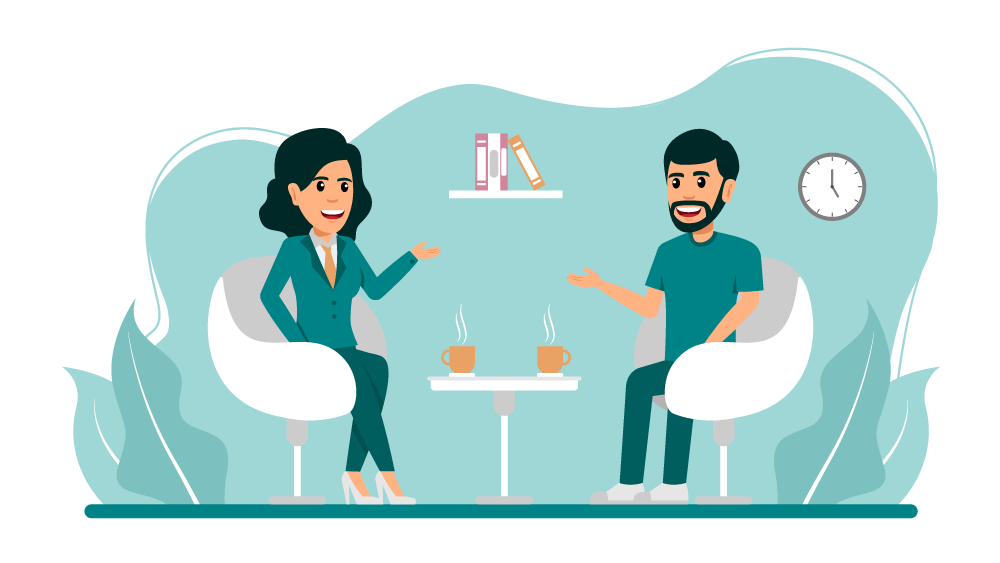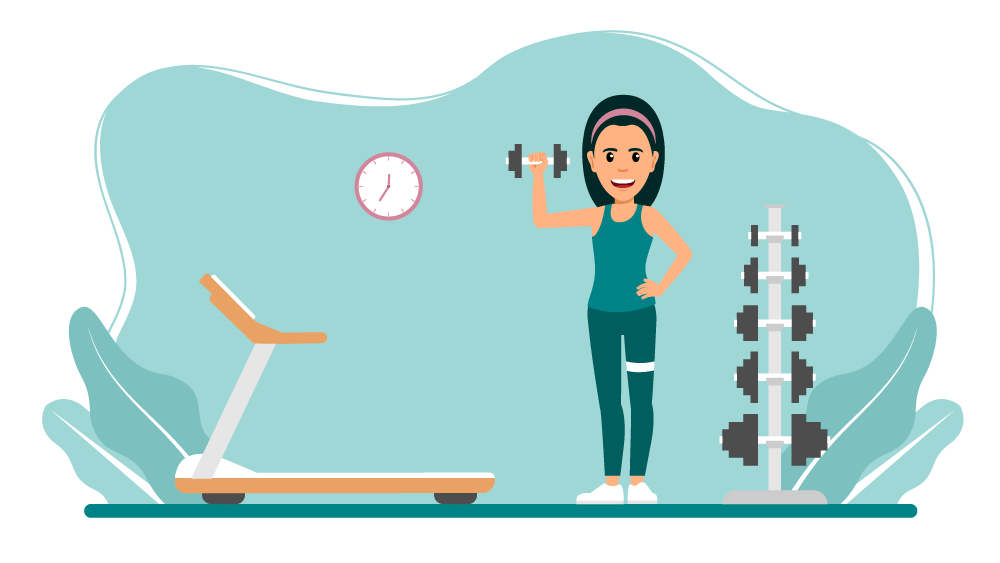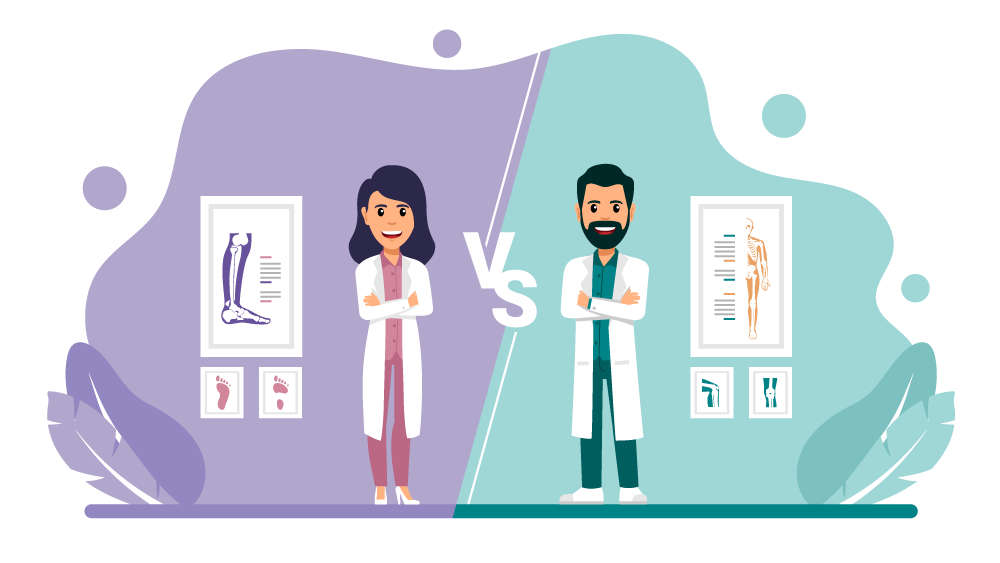Over the last few years, life coaching has transformed from a niche profession into a booming career field. As individuals seek to navigate the complexities of modern life, the demand for life coaches who can guide them toward personal and professional fulfillment has skyrocketed.
Life coaches engage with clients at various life stages, helping them set and achieve realistic goals. Whether operating a private practice, working within an organization, or contracting with businesses, life coaches are in a unique position to make a significant impact on the lives of their clients. They possess a blend of empathy, active listening skills, and a sincere desire to uplift others.
This comprehensive guide delves into the career of a life coach, exploring the roles, specializations, tasks, skills, and work environments associated with this rewarding profession.
What Is a Life Coach?
Life coaching has seen a surge in popularity, attracting people from diverse backgrounds to this fulfilling career path. Life coaches are akin to wellness guides, empowering individuals to enhance their lives and achieve a greater sense of satisfaction.
These professionals work closely with clients to pinpoint their goals, identify barriers, and harness their strengths to overcome challenges and realize their aspirations. Through empowerment and strategic guidance, life coaches enable their clients to embark on a journey towards a more purposeful and enriched life.
Types of Life Coaches
The realm of life coaching is vast, with practitioners either adopting a generalist approach or specializing in particular areas to cater to specific needs. Specializations within life coaching include:
- Addiction and sobriety
- Divorce
- Business and leadership
- Diet and fitness
- Career
- Family life
- Spirituality
- Mental health
- Relationships
- Personal Finance
- Sports
- Life skills
- Life transition
- Academic life
Specialized life coaches devise tailored strategies to assist clients in achieving specific objectives. A deep-seated passion for fostering positive change in others is essential for success in this field.
Common Tasks of a Life Coach
Life coaches perform a variety of tasks aimed at facilitating their clients’ journey towards a brighter future. They play a pivotal role in helping clients define clear, attainable goals and develop actionable plans to achieve them.
Key tasks include goal identification, motivation, validation, strategy building, and fostering accountability. Through these efforts, life coaches not only guide their clients toward fulfilling their dreams but also equip them with the tools and confidence needed to navigate life’s challenges.
Essential Skills for a Life Coach
To thrive as a life coach, one must possess a unique blend of analytical thinking, empathy, strong communication, and leadership skills. Life coaches are expected to collaborate effectively with diverse groups, engage clients across various communication platforms, and employ focused questioning techniques to uncover clients’ goals.
Additionally, skills in active listening, providing positive feedback, and empowering clients to enact positive changes are crucial. While certification is not mandatory, a background in psychology and relevant life experiences can greatly enhance a life coach’s effectiveness.
Where Life Coaches Work
Life coaches find employment opportunities in a wide array of settings, from large corporations and medical facilities to universities, insurance companies, and beyond. As businesses increasingly recognize the value of a mentally and physically healthy workforce, the demand for life coaches continues to grow. This positive job outlook reflects the diverse nature of life coaching, offering professionals the chance to work with varied client groups and specialize in different coaching domains.
Life Coach vs. Therapist
While life coaches and therapists both aim to improve individuals’ well-being, their roles and methodologies differ significantly. Therapists are licensed health professionals who treat mental health conditions and navigate clients through trauma and other complex issues.
Unlike therapists, life coaches focus on goal-setting and personal development without delving into mental health treatment. Understanding these distinctions is crucial for both professionals and clients to ensure that individuals receive the appropriate support for their specific needs.
The Art of Listening
Effective listening is the cornerstone of life coaching. Life coaches must cultivate a safe and supportive environment where clients feel comfortable sharing their innermost thoughts and aspirations. Through active listening and thoughtful questioning, life coaches gain deep insights into their clients’ lives, enabling them to provide tailored guidance and strategies that resonate with their clients’ unique circumstances.
The Road to a Life Coach Career
Embarking on a career as a life coach requires more than just a desire to help others; it demands a commitment to personal and professional development. Aspiring life coaches can enhance their qualifications through life coach training. These credentials pave the way for a fulfilling career in various settings, empowering individuals to make a lasting impact on the lives of others.





